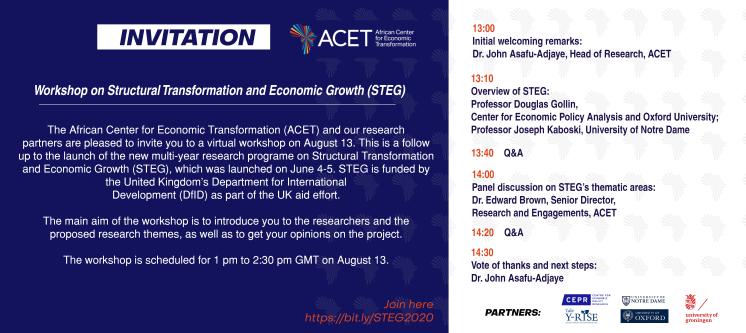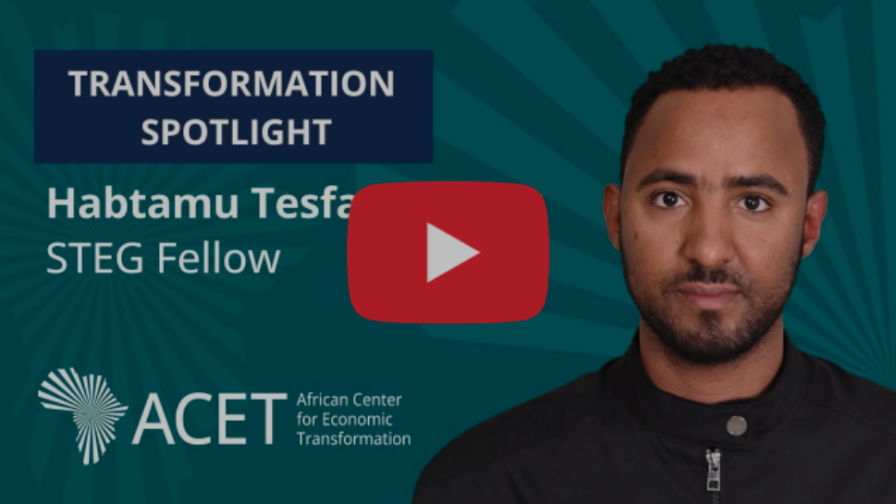STEG invites applications to the second call for proposals for Larger Research Grants (LRGs).
LRGs of up to £100,000 can fund research assistance, data collection and/or purchase, and teaching buyouts, or relevant remuneration practices, for the principal investigator and co-investigators from partner institutions. Grants also support travel to field sites, even when secondary data is utilised. We view this kind of travel (with the possibilities for field visits and conversations with policy makers) as particularly important for researchers who lack prior experience in the countries that they intend to study. Please note that cost effectiveness and value for money are important evaluation criteria and submitted budgets must adhere to the LRG Budget Guidelines.
We aim to issue funding decisions within five months of the deadline for receipt of proposals. An LRG is intended to be completed within 24 months. Please note that contracts should be signed within one month of the return of the final decision, which is also the expected project start date.
Research may focus on broad systemic patterns and processes of structural transformation and growth for low-income countries, in a comparative sense across time or space, or more narrowly defined topics related to one or more of the following six research themes:
- Data, measurement, and conceptual framing;
- Firms, frictions and spillovers, and industrial policy;
- Labour, home production, and structural transformation at the level of households;
- Agricultural productivity and sectoral gaps;
- Trade and spatial frictions;
- Political economy and public investment.
Other areas of interest may not fit cleanly into any of the themes but are centrally relevant to STEG and are also encouraged. Research in middle-income countries will be considered if it informs growth processes or policies in low-income countries.
STEG is also focused around three cross-cutting issues that are simultaneously relevant to many areas of structural transformation, including the six research themes:
- Gender;
- Climate change and the environment;
- Inequality and inclusion.
Research proposals speaking to these issues will receive particular consideration.
In principle, LRGs cover the same substantive areas, questions, and methodologies as SRGs. However, they are meant for projects, which have greater financial needs due to, for example, greater time requirements, data or research assistance costs. Commensurate with these greater budgets, they are expected to produce either multiple outputs or more fundamental contributions.
We strongly recommend that prospective applicants read the LRG documentation about eligibility, country criteria, preparing an application, how to apply online and the LRG Frequently Asked Questions before applying.
Deadline
23:59 GMT, 7 March 2022. Applications received after this time will be considered for the next regular LRG round.
Applicants are asked to submit their proposals, using the templates available at the bottom of the LRG funding page, via the LRG Application Form on Hub.
If you have any questions, please contact the STEG Team at [email protected].










































